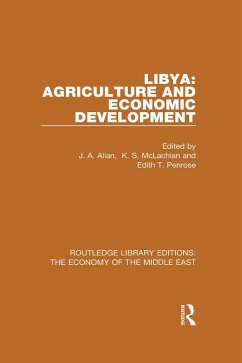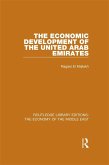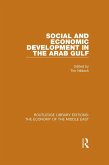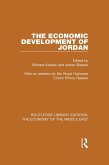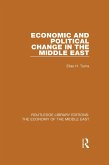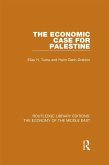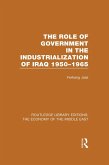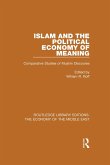Oil revenues have made Libya rich since 1961, when oil exports began. This new wealth has affected all sectors of the economy and especially the agricultural sector; there have been considerable movements of population, changes in the use of land, and, possibly most important, there has been a profound change in the expectations of the Libyan people. Agriculture was the major contributor to GDP before oil and even in 1968 it was still the major sector in terms of employment, occupying 32 per cent of the employed population; as such it has always been given prominence in government planning. This study begins by introducing the major economic and geographical features relevant to agricultural development and examines the extension of agricultural activity in the twentieth century, prior to independence in 1951. The later chapters deal with the changes which have taken place since the discovery of oil with respect to land use in all parts of Libya, and deals in detail with agricultural investment and wages.
Dieser Download kann aus rechtlichen Gründen nur mit Rechnungsadresse in A, B, BG, CY, CZ, D, DK, EW, E, FIN, F, GR, HR, H, IRL, I, LT, L, LR, M, NL, PL, P, R, S, SLO, SK ausgeliefert werden.

